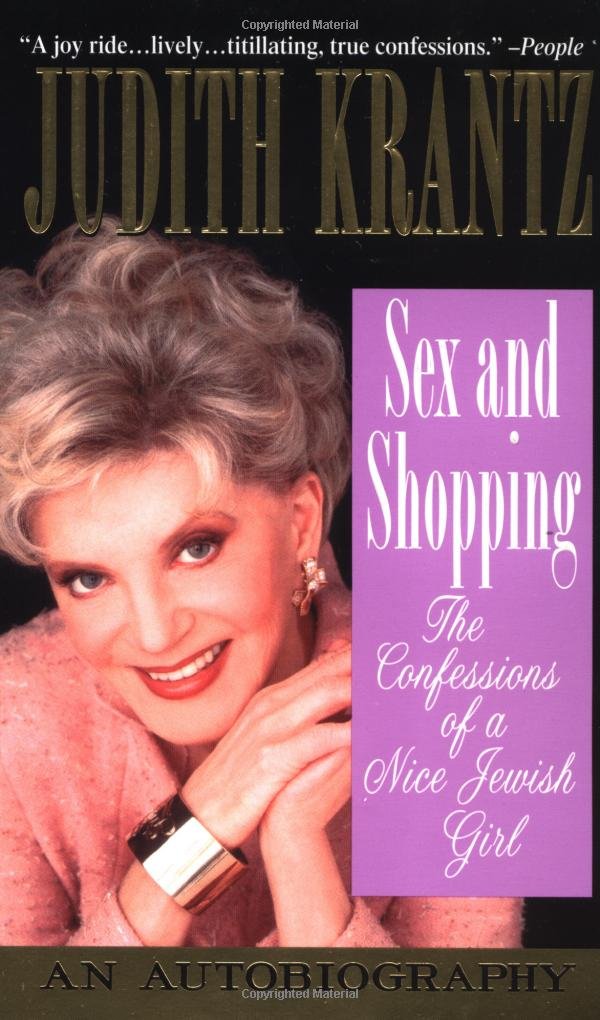Our topic at the SFF Seven this week is In Memoriam: a
tribute to a writer you admire who has left us.
I have to concur with my fellow SFF7 member Marcella Burnard
and say Andre Norton is my person, although my reasons are somewhat different,
I think.
First of all I’ve written about Andre Norton and her
influence on me many times. For example:
The earliest influence
on my writing was Andre Norton. Her books were favorites of my science-fiction
loving Dad and he gave me Catseye at a very young age. He figured cats, outer
space, archaeology – why wouldn’t I love it? And I did…
I read every book of
hers that I could find, intrigued by the infinite possibilities of a future
civilization in space. I particularly enjoyed the glimpses and hints she gave
of other, alien civilizations that came before, beings that we would never know
firsthand but would always puzzle over when we found traces of their existence.
She called them the Forerunners. I relished the adventures her characters had
in a well-established world. The camaraderie her main characters always found
with a select group of like-minded people, be it the Space Rangers or the Free
Traders, made me (an only child for eight years) happy!
There was clearly not
enough romance in the books, however! That’s one of the reasons I started
writing my own science fiction around the seventh grade and never looked back.
I understand at the time Ms. Norton was writing and especially in her science
fiction (as opposed to the Witch World fantasy series), romance wasn’t a “done”
thing. Thank goodness we can write science fiction romance now and have fully
formed female characters who want their part in the adventure and in solving
the problems to arrive at a Happily Ever After.
… Andre Norton
presented her readers with mysteries and back story that often never got fully
explained to the audience or to the characters. She provided tantalizing
glimpses of all the other stuff, just enough to leave me wanting more. Because
I always enjoyed that element of her plots so much, I try to create similar
worlds to the best of my ability. For the SFRs, which occur in a future
galactic civilization called the Sectors, I have a detailed backstory for
myself about things and events that happened before the humans ever got out
there. I work hints into the plots as I can.
When it comes to the
planet-based happenings, I like to have a mix of mystery and mythology, unique
to that world but also sometimes tied back to those unknowable civilizations
that “came before”. Then as I write the story, I ask myself “why this…” and how
does that…” and “if I lived on this planet what would I…” The novels may be
science fiction, based in a technological, galactic civilization, but I want
there to be that element of something else, something mystical, that can’t
quite be explained. By anyone!
I never met her, I never corresponded with her, I only
devoured her books, even her Gothic romances. I still have my collection of
battered ACE paperbacks. Those are nearly the only actual books I’ve kept over
all these years and through many moves (because I love the convenience of the kindle) and will NOT
part with. I periodically reread my favorites by her.
The most significant thing to me about Andre Norton, aside
from the pleasure her books gave me, was that she was a woman and she wrote
books that were science fiction but not
laden with technical and engineering jargon and details of how the author thought
science might evolve. She skipped over all of that and got to the story. I
loved her assumption that humans would get out there into the galaxy and we’d
have adventures. I knew I could write stories but I also knew I’d never be any
good at creating actual technical discussions of how the darn blasters worked. So for a long time I doubted I could ever get published but then I'd remind myself of all her books and know that I could.
Who cares how a blaster works? Not me. My characters use them and a lot of other nifty tech and no one - especially not me! - tries to explain the inner whatever...
In a house full of very heavy duty science fiction, and a
Dad who worked as an engineer on the Saturn 1B and the Saturn 5 rockets, Andre Norton
gave me permission to tell the stories I wanted to tell.
I was also thrilled to ‘know’ of a woman who made her living
as a writer. Being very fuzzy on how publishing worked, my image for years was
Jo from Little Women toiling away in
her attic, and I never could figure out how one made a living on a penny a word
BUT hey, it could be done! Andre Norton did it!
To be clear, for most of my life I didn’t dream of being a
fulltime author because despite Ms. Norton, I never thought of it as a way to
earn my living until late in 2010 when I decided now was the time to figure it
out and give it my best shot while I still had the day job. Then in 2015 I went
fulltime as an author.
Early in my career as a published scifi romance author,
someone asked me why I always mentioned Andre Norton as an influence. They put
it in disparaging terms, which I don’t remember exactly, something like “she’s
so outdated”…well, to put it simply, without Andre Norton there would not be
Veronica Scott.
And a good story is never outdated…
For a post I wrote a few years ago about some of my favorite Andre Norton novels,
go
here.

























